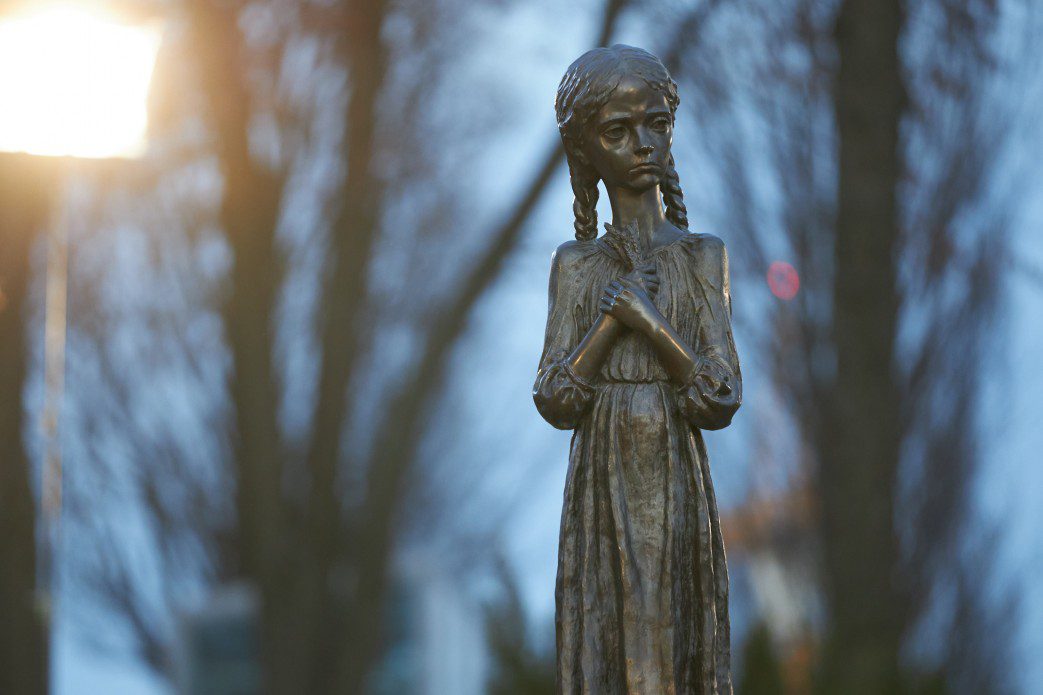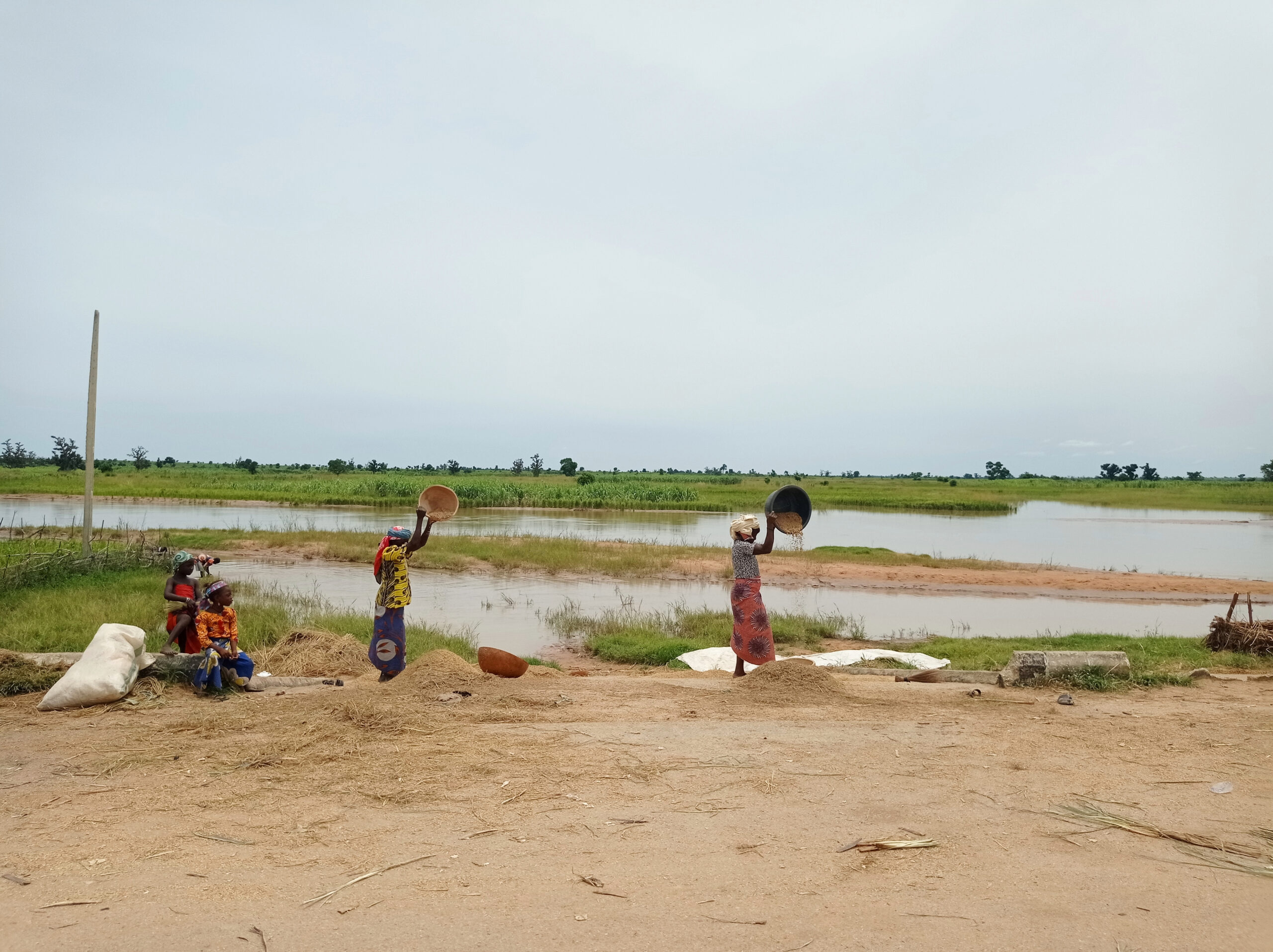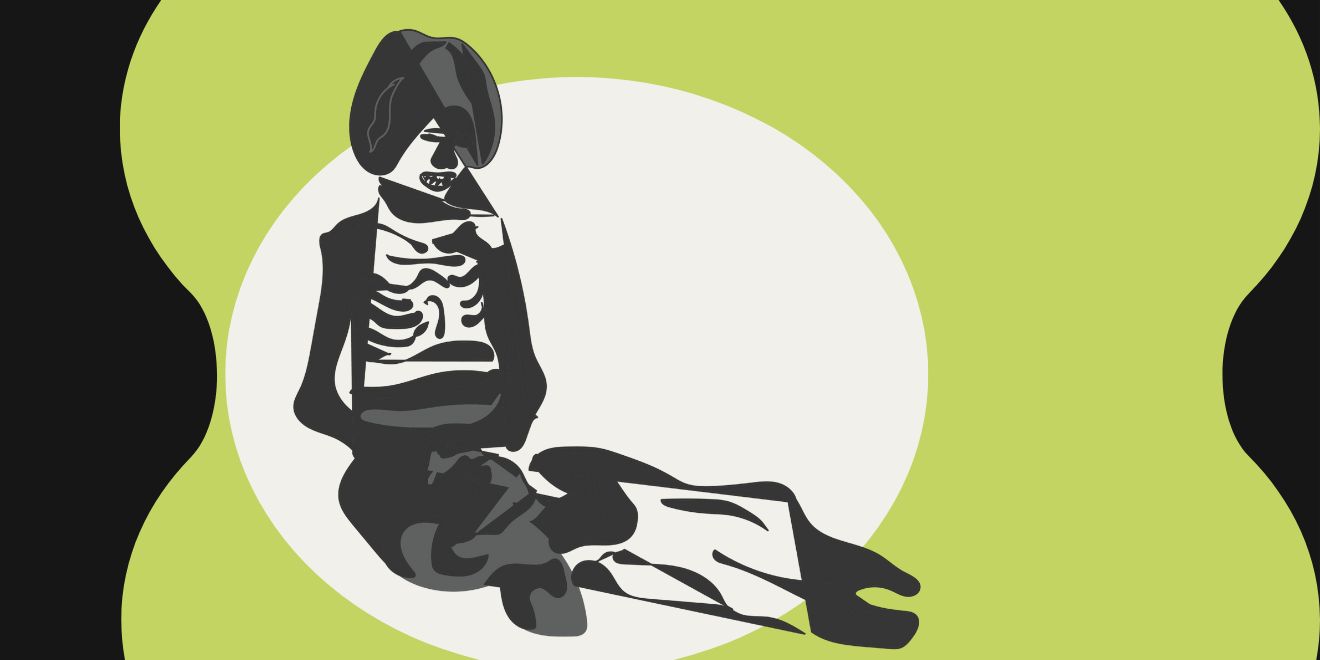Modern famines are always political—that much we know. Decades of scholarship have made it clear that famines are not simply the result of natural disasters, economic shocks, or rapid population growth, but inherently entail political decisions that either cause or fail to prevent mass starvation from happening. What we need is not another affirmation of that truth, but a deeper investigation into the many intricate ways in which they actually are political: through which decisions, by which actors, and to what ends?
These are the questions at the heart of The Politics of Famine in European History and Memory, which came out with Routledge in May 2025. The volume aims to advance the agenda by shifting the focus from whether to how and why famines are political. The contributions cover a broad range of case studies from nineteenth- and twentieth-century Europe: Ireland (1845–50), Germany (1915–19), Russia (1919–23; 1941–44; 1946–47), Ukraine (1932–33; 1946–47), Spain (1939–42; 1946), Greece (1941–44), the Netherlands (1944– 45), and Moldova (1946–47). What ties the chapters together is a commitment to understanding famine not as collateral damage, but as an instrument of repression, control, diplomacy, and even of historical narrative.
The book advances the field in three important directions. First, it pushes us to think beyond the binary of intended versus unintended mass starvation. Instead of asking whether a regime intended to starve a population, it asks how policy decisions—economic, military, administrative—created conditions in which famine became possible. This broadens our attention to the many different political actors and institutions that may contribute to or fail to prevent famine. Examples include autarkic planning in Francoist Spain, urban-rural food extraction in the Soviet Union, and the Allied economic blockade’s controversial role in exacerbating hunger throughout Europe during WWII. In each case, political decisions determined whose lives were valued, whose suffering was tolerated, and whose hunger could be used as leverage.
Second, the volume interrogates the politics of famine relief. Humanitarian aid is crucial in famine prevention and alleviating immediate suffering. But, as the book demonstrates, food relief is commonly also shaped by strategic interests and geopolitical agendas. Decisions about where, when, and to whom aid is delivered—and under which conditions—are rarely neutral nor impartial. In fact, food itself often becomes political tool, aimed at creating divisions, winning ‘hearts and minds’, putting pressure on state and society, or producing international goodwill. This has consequences not only for how famines unfold, but also for how societies recover and commemorate after the event.
Third, the volume addresses the memory politics of famine. How famine is remembered—or denied—matters deeply. These memories shape national identity, moral hierarchies, and even legal frameworks. Ukraine’s invocation of the Holodomor as genocide, for instance, functions not only as historical redress but also as a claim about Russia’s present use of hunger as a weapon of warfare and genocidal intentions. In post-famine Ireland, Spain, and Germany, famine memory was similarly used to unite, divide, mythologize, and mobilize. History also shows us that who gets to narrate (or deny) a famine, and who is cast as victim or perpetrator may shape subsequent political and humanitarian agendas.
This expanded lens—looking at famine as a multi-layered political phenomenon—offers a much-needed corrective to simplified accounts that attribute famine to nature, poverty, or the malintent of a single perpetrator. It reminds us that famine is rarely the product of one decision or one actor, but of entangled power structures that operate across actors, institutions, and political regimes.
With mass starvation on the rise once again— Gaza, Sudan, Ethiopia—this is more than an academic concern. Understanding the politics of famine is essential if we want to address current man-made catastrophes and prevent future ones. That means asking better questions—not just what went wrong, but who allowed it, who enabled it, who denied it, and who remembers it? Only then can we move toward meaningfully addressing political responsibility and accountability.



